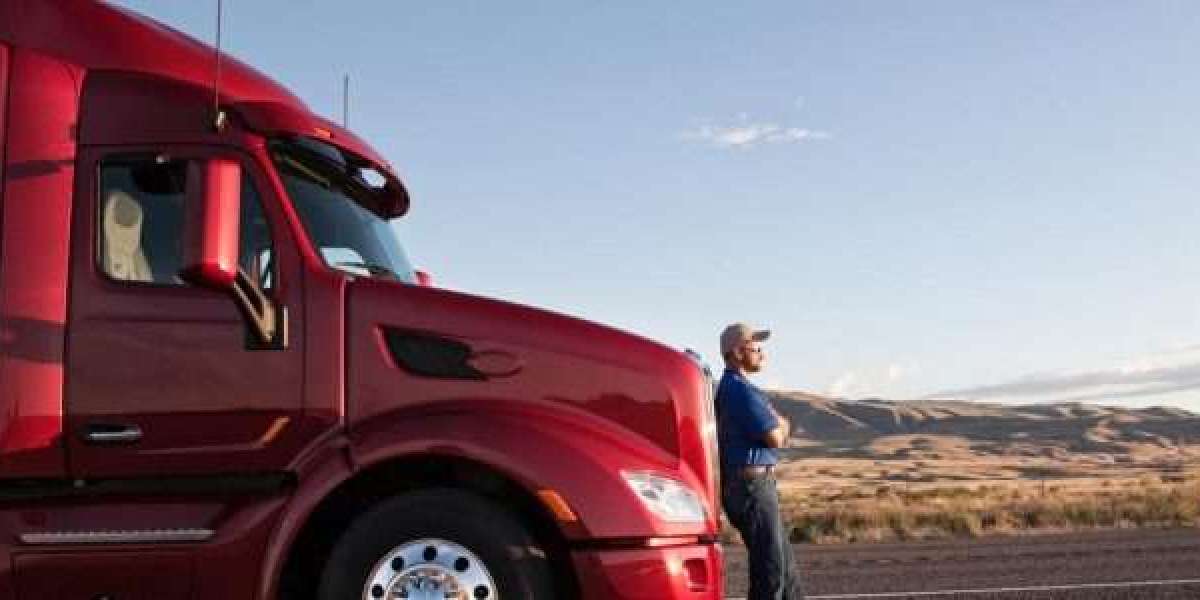As a trucking company owner or operator, you know firsthand the risks and liabilities involved in the transportation industry. From accidents and collisions to cargo theft and natural disasters, there are numerous potential threats that could jeopardize your business operations and financial stability. That is why having the right trucking insurance coverage is crucial. In this article guide, we will explore the different types of trucking insurance available to help you make informed decisions and safeguard your company.
Trucking Insurance: Safeguarding Your Business
Trucking Insurance serves as a safety net for businesses involved in the transportation industry. It provides financial protection against a range of risks, including accidents, theft, cargo damage, and liability claims. By investing in the right insurance coverage, you can mitigate potential losses and ensure the continued operation of your business.
Commercial Trucking Insurance
Commercial Trucking Insurance is designed to address the unique risks faced by trucking companies and owner-operators. This type of coverage typically includes several key components:
Liability Insurance: Protects against claims for property damage and bodily injury resulting from accidents involving your commercial vehicles.
Physical Damage Coverage: Covers repair or replacement costs for your trucks and trailers in the event of collisions, vandalism, or other covered perils.
Medical Payments Coverage: Provides reimbursement for medical expenses incurred by drivers and passengers injured in accidents, regardless of fault.
Uninsured/Underinsured Motorist Coverage: Steps in to cover damages and injuries caused by motorists who lack sufficient insurance coverage.
Commercial Trucking Insurance policies can be tailored to meet the specific needs of your business, whether you operate a single truck or manage a large fleet.
Truck Cargo Insurance: Protecting Your Freight
Truck Cargo Insurance, also known as motor Truck Cargo Insurance or freight insurance, safeguards the goods and materials you transport. This coverage protects against financial losses resulting from cargo damage, theft, or loss during transit. It is particularly important for trucking companies that haul valuable, perishable, or sensitive cargo.
Truck cargo insurance typically covers:
Loss or damage to cargo due to accidents, collisions, or rollovers
Theft or pilferage of cargo
Damage caused by natural disasters, such as floods or storms
Refrigeration unit breakdowns, leading to spoilage of temperature-controlled goods
The cargo being transported is the lifeblood of the trucking industry, making cargo insurance a critical component of risk management. This coverage protects against loss or damage to the goods being transported, providing peace of mind for shippers, carriers, and receivers alike.
All-Risk Coverage: Offers protection against a wide range of perils, including theft, fire, collision, and natural disasters.
Named Perils Coverage: Covers specific risks outlined in the insurance policy, providing a more focused level of protection.
Refrigeration Breakdown Coverage: Addresses the unique risks associated with transporting temperature-sensitive cargo, such as perishable goods.
By securing adequate cargo insurance, you can safeguard your business against the financial repercussions of damaged or lost freight, ensuring that your customers' goods arrive safely and intact.
Understanding Policy Limits and Deductibles
When selecting trucking insurance coverage, it is essential to carefully consider policy limits and deductibles. Policy limits determine the maximum amount an insurer will pay for covered losses, while deductibles represent the out-of-pocket expenses you must incur before your insurance coverage kicks in.
Balancing Coverage and Affordability: Striking the right balance between coverage limits and deductibles is crucial for managing insurance costs while ensuring adequate protection.
Reviewing Coverage Needs Regularly: As your business evolves, your insurance needs may change. Periodically reviewing your coverage limits and deductibles can help ensure that your insurance policy remains aligned with your risk profile.
Commercial trucking insurance policies often include workers' compensation coverage as part of the package, ensuring compliance with state laws and protecting your business from costly employee injury claims. Read More







